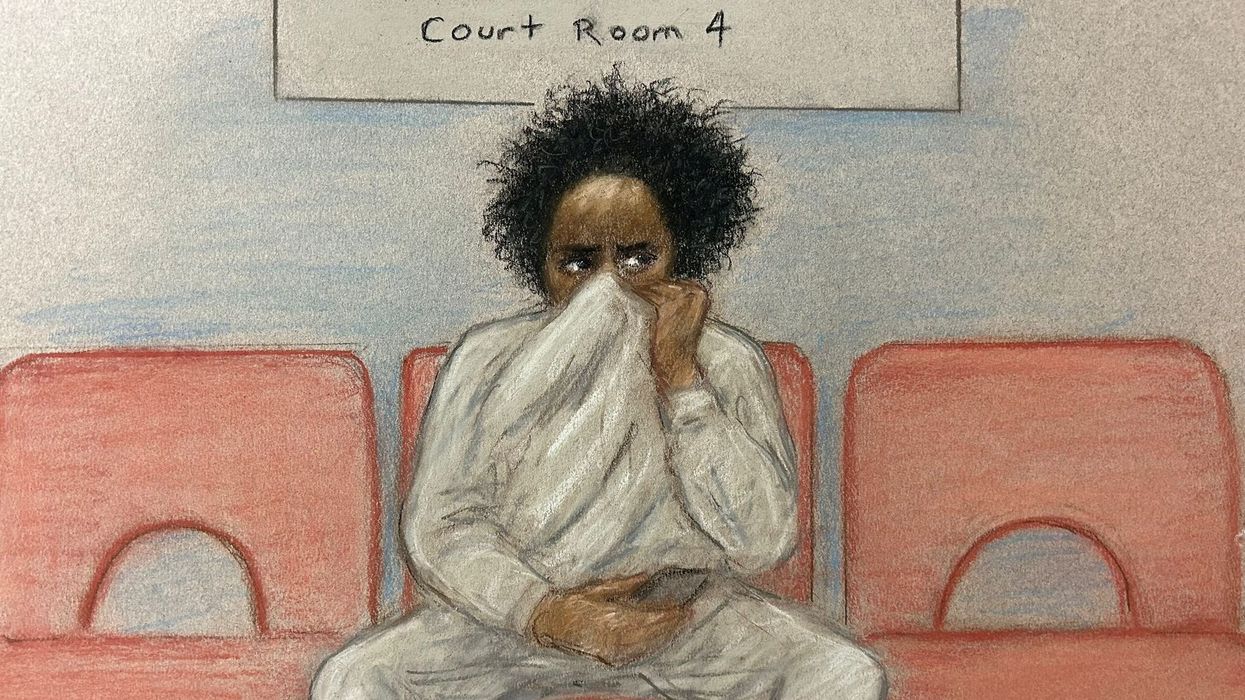Three new criminal laws came into effect across India on Monday, bringing changes to the country's criminal justice system and replacing colonial-era laws.
The Bharatiya Nyaya Sanhita, Bharatiya Nagarik Suraksha Sanhita, and Bharatiya Sakshya Adhiniyam will replace the British-era Indian Penal Code, Code of Criminal Procedure, and the Indian Evidence Act, respectively.
The new laws introduce a modern justice system with provisions like zero FIR, online registration of police complaints, electronic summons, and mandatory videography of crime scenes for heinous crimes.
The official sources told PTI, these laws aim to address current social realities and provide mechanisms to effectively deal with these, in line with the ideals enshrined in the constitution.
India's home minister Amit Shah, who introduced the laws, said the new laws prioritise justice, unlike the British-era laws that focused on penal action. "These laws are made by Indians, for Indians, and by an Indian parliament, marking the end of colonial criminal justice laws," he said. Shah added that the laws represent a complete overhaul, emphasising their Indian "soul, body, and spirit."
The new laws mandate that judgments in criminal cases be delivered within 45 days of trial completion and charges framed within 60 days of the first hearing. Statements of rape victims will be recorded by a female police officer in the presence of a guardian or relative, with medical reports required within seven days. Organised crimes and acts of terrorism are defined, sedition is replaced with treason, and video recording of search and seizure operations is mandatory.
A new chapter on crimes against women and children has been added, making the buying and selling of any child a heinous crime and providing for the death sentence or life imprisonment for gang rape of a minor. The new laws prioritise offences against women and children, murder, and offences against the state. Overlapping sections have been merged and simplified, reducing the number of sections from 511 in the Indian Penal Code to 358.
For instance, definitions scattered from sections 6 to 52 have been consolidated into one section. Eighteen sections have been repealed, and four relating to weights and measures are now covered under the Legal Metrology Act, 2009. The Bharatiya Nyaya Sanhita addresses issues such as false promises of marriage, gang rape of minors, mob lynching, and chain snatching.
The new laws, based on justice, transparency, and fairness, allow incidents to be reported electronically without needing to visit a police station. The introduction of Zero FIR enables a First Information Report (FIR) to be filed at any police station, regardless of jurisdiction, eliminating delays in legal proceedings. Individuals arrested can inform a person of their choice about their situation, ensuring immediate support and assistance.
Details of arrests will be prominently displayed within police stations and district headquarters. Forensic experts are required to visit crime scenes for serious offences to collect evidence. Victims of crimes against women are entitled to regular updates on their case progress within 90 days. Hospitals must provide free first aid or medical treatment to victims of crimes against women and children.
Summonses can be served electronically, expediting legal processes and reducing paperwork. Statements of female victims should be recorded by a female magistrate or, in her absence, by a male magistrate in the presence of a woman. Both the accused and the victim are entitled to receive copies of the FIR, police report, charge sheet, statements, confessions, and other documents within 14 days. Courts are limited to granting a maximum of two adjournments to avoid delays in case hearings.
State governments are mandated to implement witness protection schemes. The definition of "gender" now includes transgender individuals, promoting inclusivity and equality. Legal proceedings will be conducted electronically to streamline and expedite the process. Victims' statements in rape cases will be recorded through audio-video means. Women, individuals below 15 years, above 60 years, and those with disabilities or acute illnesses are exempt from attending police stations and can receive police assistance at their residence.
(With inputs from PTI)


















 Heathrow Airport argues expansion is key to boosting UK trade and economy
Heathrow Airport argues expansion is key to boosting UK trade and economy

 Organisers hope the technology will help prevent deadly stampedes, a recurring issue at large-scale religious events in the country. (Photo: Reuters)
Organisers hope the technology will help prevent deadly stampedes, a recurring issue at large-scale religious events in the country. (Photo: Reuters) A drone equipped with AI, used by the police to monitor the crowd, takes flight during the Maha Kumbh Mela festival in Prayagraj on January 17, 2025. (Photo: Getty Images)
A drone equipped with AI, used by the police to monitor the crowd, takes flight during the Maha Kumbh Mela festival in Prayagraj on January 17, 2025. (Photo: Getty Images)